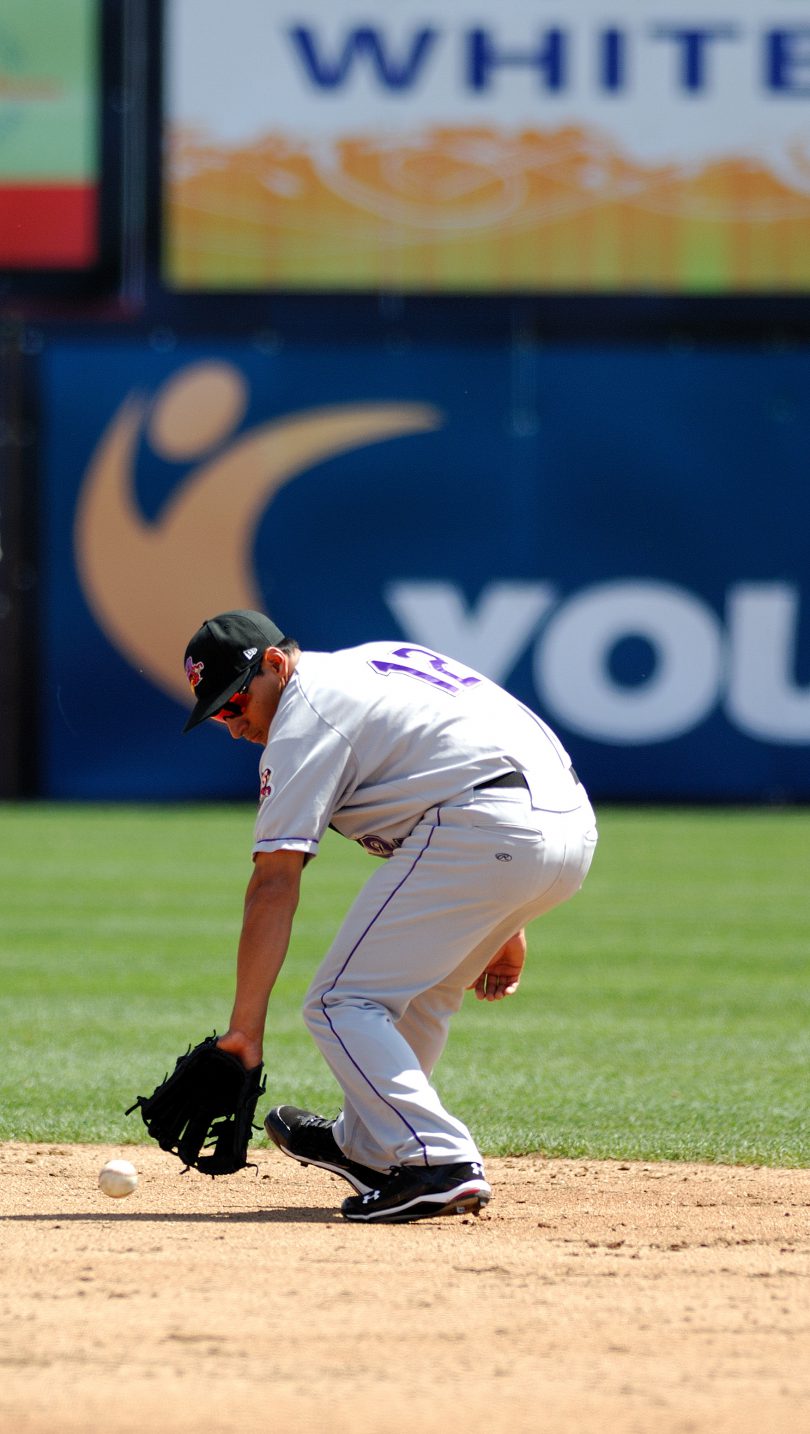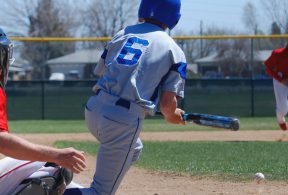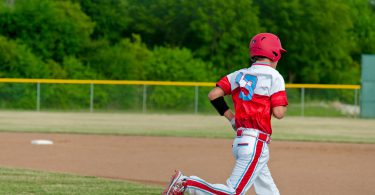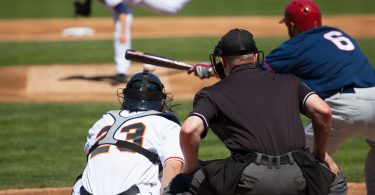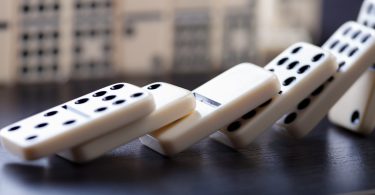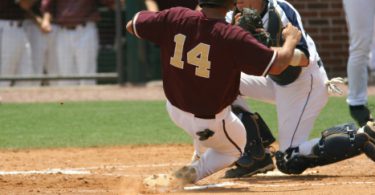The Situation:
Runners on first and second, one out, 7th inning. The runner on second is the tying run. The hitter has above-average speed.
The Play:
The hitter hits a routine grounder at the shortstop. The shortstop flips the ball to the second baseman, who tries to hurry the throw to first for the double play. He doesn’t get a great grip on the ball and spikes a nasty in-between hopper to the first baseman. The first baseman stretches out and tries to handle the throw, but the ball skips past him.
The Outcome:
The runner on second was running hard the whole time. He wheels around third base as the throw gets past the first baseman and scores the tying run.
What Went Wrong?
In this situation, turning the double play would be huge and even expected, but keeping the runner from scoring is by far the most important objective for the defense. The second baseman made a physical error with the throw. Those happen. While no coach is going to be happy about a physical error, it’s still understandable. But the first baseman made a mental error when he tried to handle the throw.
As soon as the first baseman read the angle of the throw, the first thought in his mind has to be “Keep the ball in front!” He needs to give up the bag and the chance of the double play in order to make sure that the ball does not get past him. This is not easy! If this happens to you, you need to crash towards the ball in order to give yourself a better (shorter) hop, and put your body in front of the ball. Your job is to keep that ball in front of you at all costs! That will keep the run from scoring and will give your pitcher a chance to get out of the inning unharmed.
Any first baseman who can execute a play like this one will improve his team’s defense overall because it will build the team’s level of trust in him. If infielders understand that their first baseman will save them on bad throws and help turn potential errors into plays that won’t hurt the team, they’ll be more likely to try to attempt harder plays. Instead of the shortstop going deep into the hole for a grounder and holding on to the ball because he doesn’t think he can get the runner, he might just heave a throw over to first on the off chance that it’s in time. The only way the shortstop will do this is if he has total faith in the first baseman to pick him up on a bad throw.
Any fielder can be put in this situation during a game. Catchers and third basemen know they need to use their bodies to block balls and give up on trying to get an out depending on the situation. It will be your job to learn when to be aggressive and when to play it safe. Know the situation and think the game.

